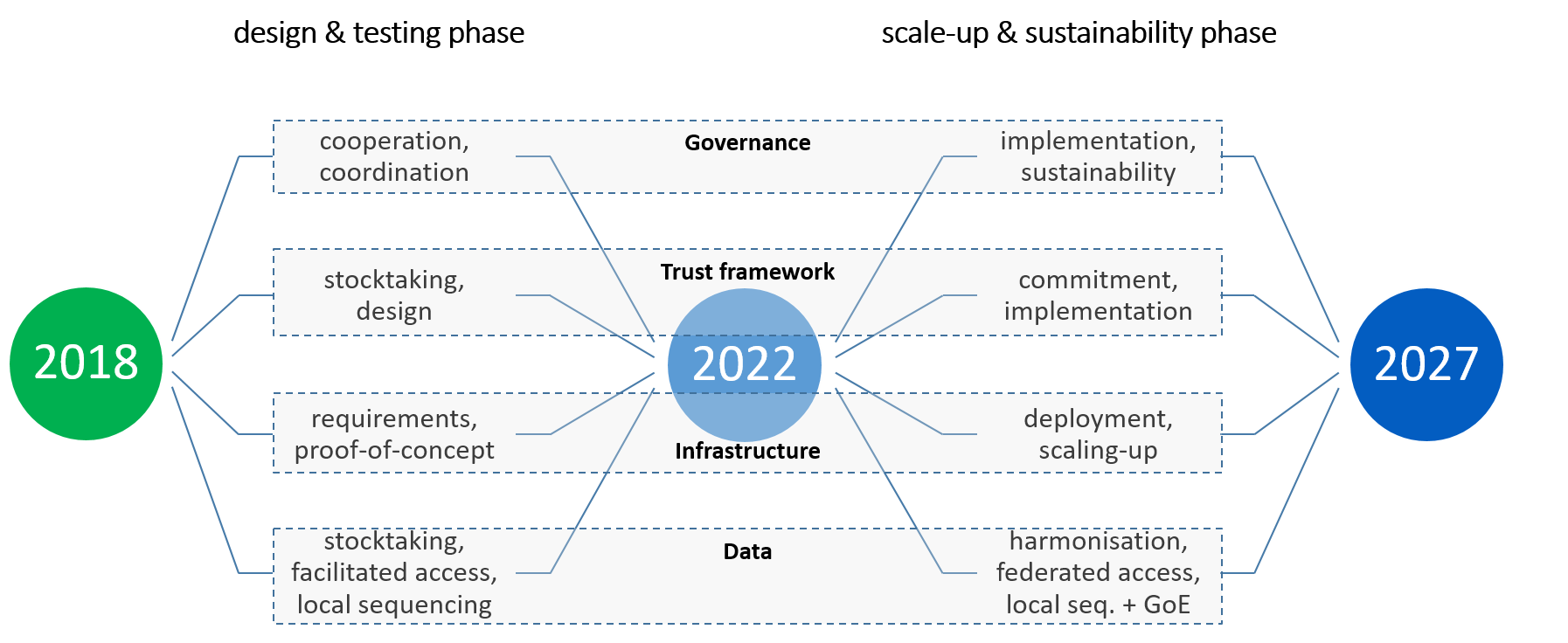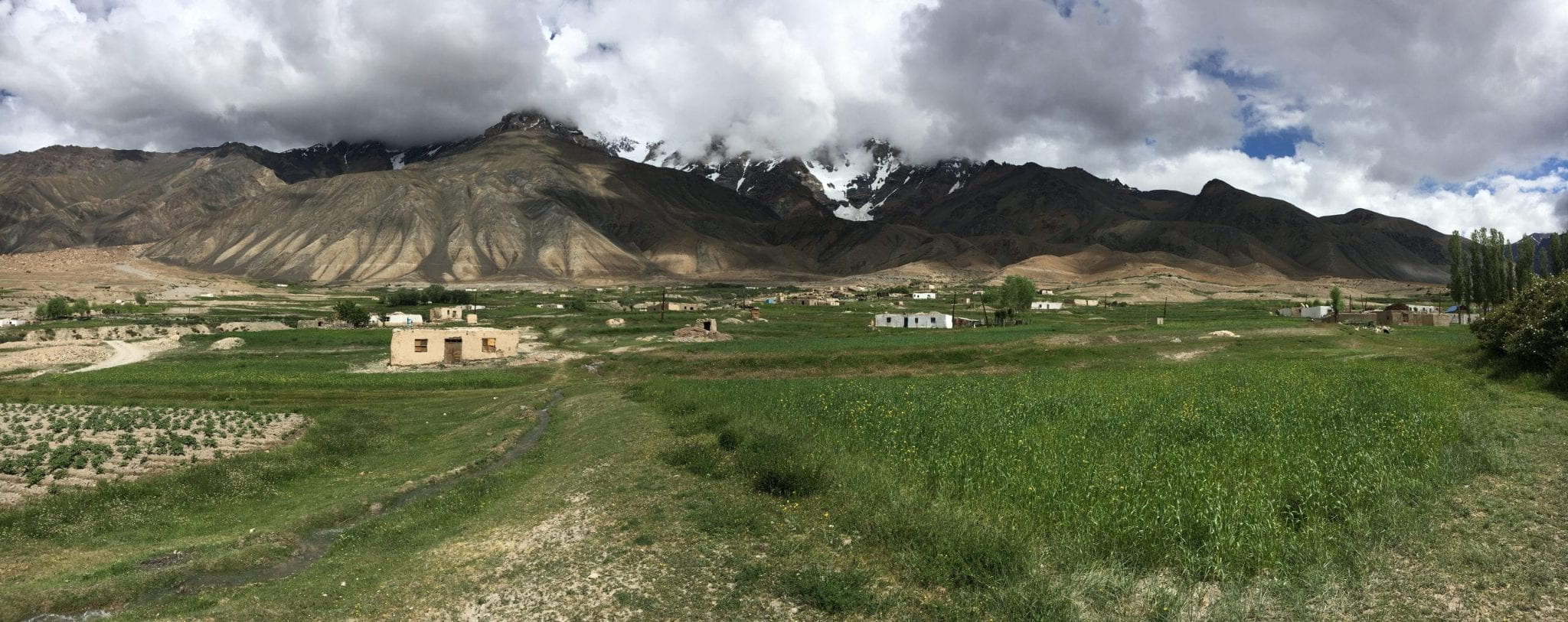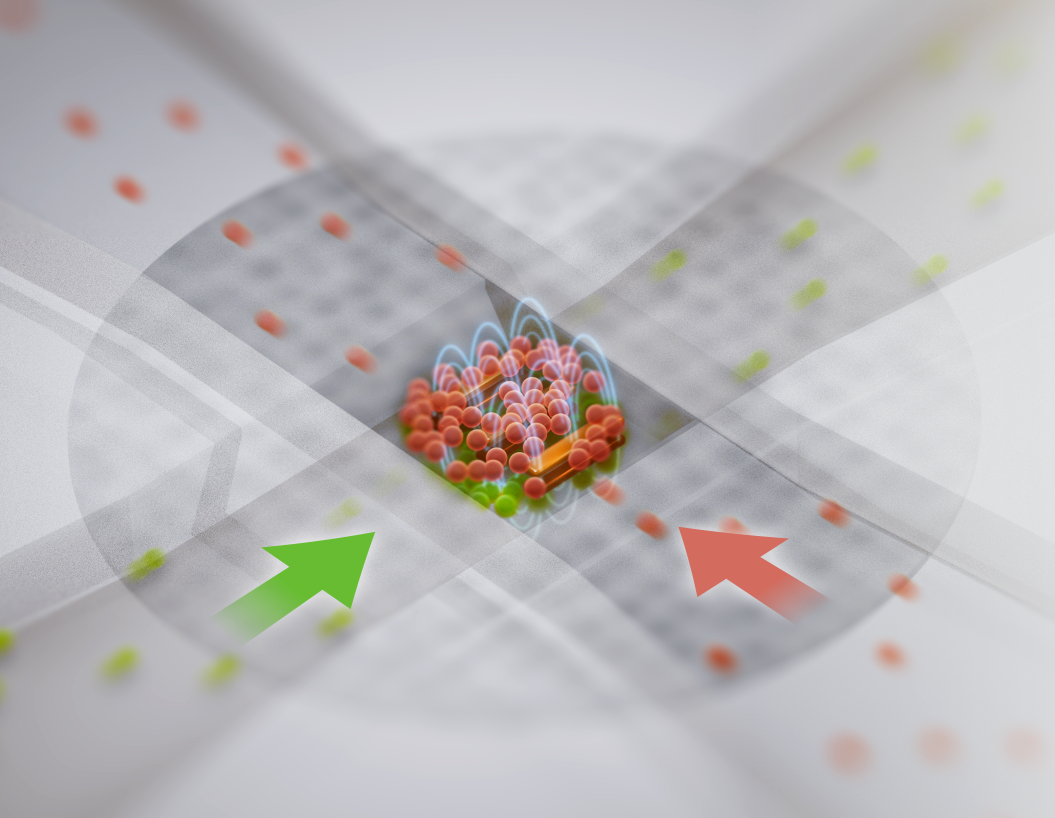As part of the Singaporean government's efforts to employ technology to provide safe and easy-to-use services to citizens and businesses, Following the launch of the Smart Nation initiative, She developed a system that uses blockchain technology to create digital copies of educational certificates for graduates and employers.
In general, blockchain is a decentralized technology that allows the creation of permanent documents, and keep, verified, and make modifications to them within a closed and encrypted system, What makes it effective in the world of employment. In the work environment, HR teams focus on attracting talent and seek to assess their educational qualifications. Employers often require job applicants for certified true copies of their education and training certificates.
This requires considerable time and effort, Especially since some may apply for fake certificates to win a job opportunity that they may not deserve. This challenge may be exacerbated when cross-border or intercontinental review is required, Verifying the authenticity of any document between one country and another can be very costly and difficult. Even in a technologically advanced country like Singapore, Current solutions are limited to platforms that are the only reliable and secure sources of certificates. Therefore, it is necessary to develop an innovation that allows students to keep their certified certificates permanently, Even if abroad.
As part of the Open Certs initiative, Thanks to the collaboration between the National Future Skills Program, State Technology Agency, and the Ngie An Polytechnic Institute, Ministry of Education, An open source platform based on blockchain technology has been launched to issue non-forgery digital academic certificates.
For the first time, This technology is used at a national level, It was piloted by the State Agency of Technology and the Institute of Polytechnics in 2018. It allows employers to check the educational qualifications of employees and job applicants who are graduates of various educational institutions.
As of 2021, Digital certificates will be awarded to recent graduates of the ordinary, intermediate and advanced levels, or a graduate of the Institute of Technical Education, Holders of diplomas in applied arts, And graduates of the "Lazal" College of Art, Nanyang Academy of Fine Arts, and independent universities, The National Institute for Early Childhood Development, and the Singapore Manpower Rehabilitation Programme.
These digital certificates will be added to the graduates' accounts on the platform and will be integrated into the "Skills Passport" available through several means as a digital reference for certificates, which will be available for employers to see. Each cryptographic certificate will also be assigned to ensure secure verification, The platform will verify the certificate data against its own code via blockchain technology to detect tampering attempts.
Because the technology is publicly owned and readily available to all, They do not require verification, Their records are not subject to change or destruction. As for the platform, It represents a fully open source, That is, educational institutions can easily create digital copies of each academic certificate issued, It also allows selective disclosure of the contents of the document, Certificate holders can select the parts they want to show or hide, It also allows custom viewing of the document, The issuing entity can customize the form of the certificate and include multiple views for it. To prevent the leakage of any private information, Academic records of the certificate and personal data are not published via technology.
Since the signing of the MoU in 2019, The platform was launched in most of the main educational institutions within the country, It seeks to expand beyond it. and for any teaching body to join it, They just have to develop a smart contract to create a document store, Hence designing a model that represents the visual identity of the certificate. And then, It can start issuing certificates at a cost not exceeding half a US dollar per 50,000 certificates.
This is the first collaboration between the government and the private sector in developing a digital tool for public services. Work is currently underway to apply the technology in several areas such as document storage and transfer, and provide standards for electronic certificates for seafarers, Creation of digital identification documents for foreign workers in Singapore, Trade transactions are carried out within a legal and technological framework called TradeTrust.
Technology has faced several challenges, The first of these is standardization, This requires the harmonization or interoperability management of different standards. But the biggest challenge is the prevailing mentality and relying on hard copies of documents or on reading them in PDF format. The certificate provided by the platform loses its properties when printed on paper or downloaded, The lack of knowledge of community members on how to deal with the platform or its benefits was a major challenge and required more efforts to spread this culture and increase people's knowledge of the platform.
By replacing paper certificates with digital ones, Authorities will shorten administrative processes and save time, effort, and costs for employers and educational institutions. As for the digital reference for certificates, It will allow Singaporeans to track their current skills and plan for their future development.
today The platform is used to verify more than 5,000 educational certificates per month, This means labor savings of up to 7 months per educational institution.
The Government seeks to increase these results, issue more certificates and reach high levels of verification, The executive team is also looking forward to collaborating with industrial and government entities to develop new uses of this technology and deploy it to other sectors.
References:
- https://opengovasia.com/singapore-government-uses-blockchain-technology-to-produce-digital-certificates-for-graduates/
- https://oecd-opsi.org/innovations/opencerts/






